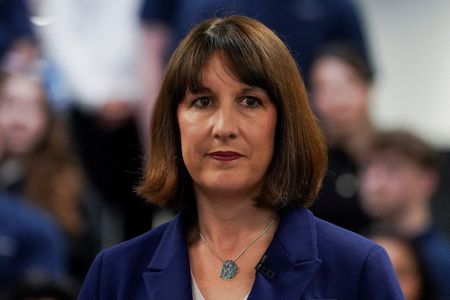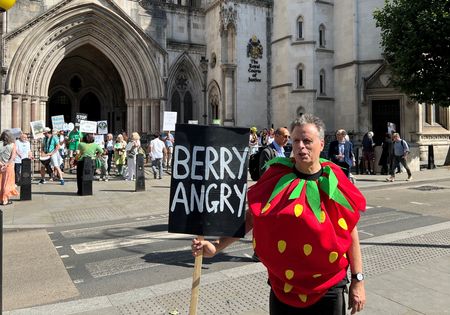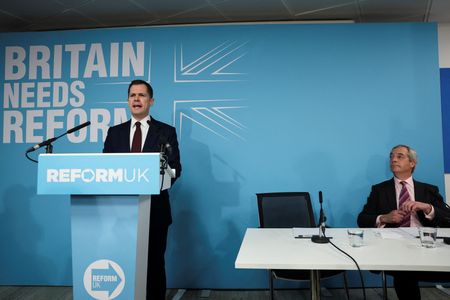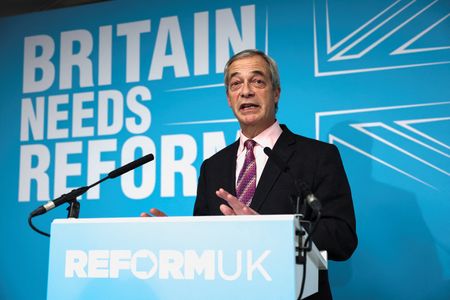LONDON (Reuters) – Britain’s Labour Party will not increase value-added tax if it wins an election on July 4, its finance spokesperson Rachel Reeves said, after Conservative finance minister Jeremy Hunt said Labour had not clearly ruled it out.
Hunt, in an article for Thursday’s Daily Telegraph, said the Conservatives would not raise VAT over the course of the next five-year parliamentary term if they remained in power, and said Labour had not given the same commitment.
“This is absolute nonsense. Labour will not be increasing income tax, national insurance, or VAT,” Reeves – who hopes to replace Hunt as finance minister – said in response.
VAT is charged at a rate of 20% on most goods and services in Britain and is the government’s second largest source of tax revenue, behind income tax, raising 198 billion pounds ($252 billion) in the year to the end of April.
In an interview with Sky News on Tuesday, Reeves said a Labour government would not raise either income tax or national insurance “for the duration of the next parliament” but repeatedly declined to make the same commitment for VAT.
Instead, Reeves said Labour had “no plans for increased taxes” beyond the fairly minor increases it had already announced, such as charging VAT on fees for private schools.
Britain’s Institute for Fiscal Studies warned last week that whichever party was in power after the election would struggle to meet existing budget rules without either raising taxes or cutting either the range or quality of public services.
Tax as a share of national income is on track to rise to its highest since 1948 this financial year, according to government budget forecasts in March, as thresholds for paying income tax have not kept up with inflation.
($1 = 0.7859 pounds)
(Reporting by David Milliken and Andrew MacAskill; Editing by Toby Chopra)











